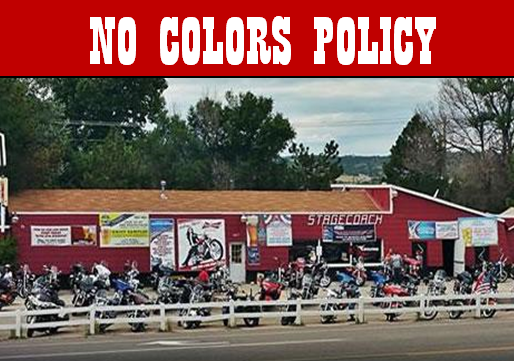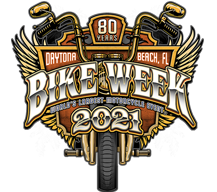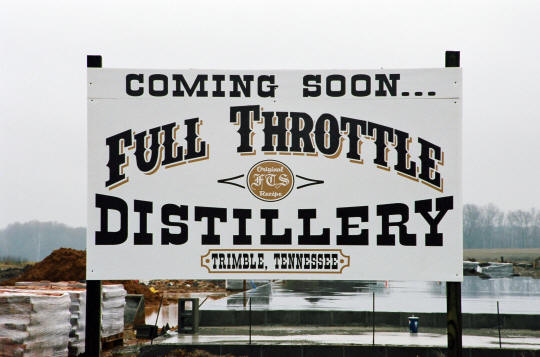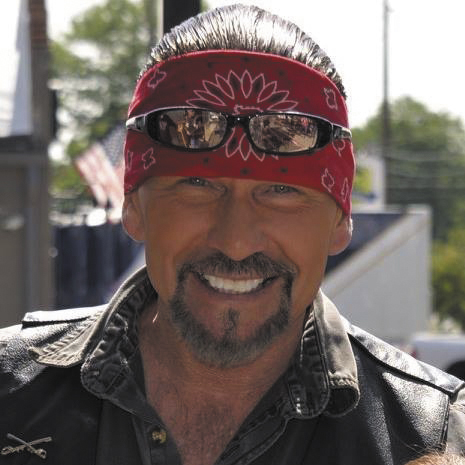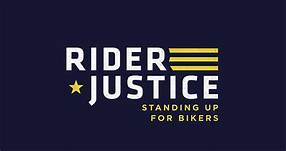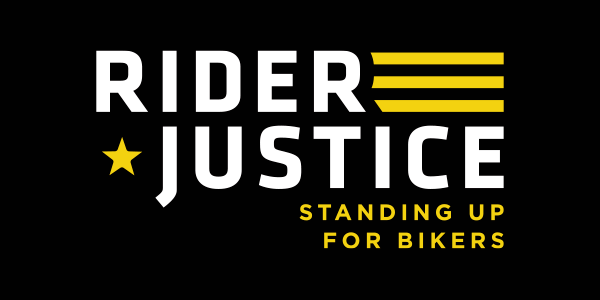By Editor, Motorcycle Rider News
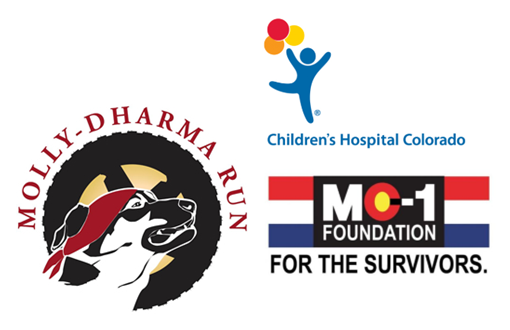 Motorcycle riders are no strangers to camaraderie, community, and charity. There is rarely a weekend that motorcycle riders, including clubs, aren’t out riding for a good cause outside of the biker community. Annual events such as the Children’s Hospital Toy Run, Molly-Dharma, MC1 Honor Ride, and numerous other rides attract hundreds, if not thousands, of Colorado bikers, including motorcycle clubs, to raise money and awareness for charities in need. These events usually have stops along the way at local bars and restaurants.
Motorcycle riders are no strangers to camaraderie, community, and charity. There is rarely a weekend that motorcycle riders, including clubs, aren’t out riding for a good cause outside of the biker community. Annual events such as the Children’s Hospital Toy Run, Molly-Dharma, MC1 Honor Ride, and numerous other rides attract hundreds, if not thousands, of Colorado bikers, including motorcycle clubs, to raise money and awareness for charities in need. These events usually have stops along the way at local bars and restaurants.
Yet despite the many ways they contribute to society, some still face discrimination, based not on who they are, but on what they wear. A recent example out of Franktown, Colorado, has reignited concerns over this issue, and it’s time the public took notice.
The Stagecoach Incident: A Snapshot of a Bigger Problem
History
The Stagecoach bar and grill in Franktown was a well-known local watering hole. However, for some members of the motorcycle club world, it has now become a symbol of exclusion. Riders wearing club patches—commonly referred to as “colors”—will reportedly be denied entry or asked to remove their vests to be served. This practice isn’t just disappointing—it’s discriminatory. For many riders, those colors represent brotherhood, military service, faith, or community outreach. Denying entry based on appearance and affiliation is a disguised civil rights issue.
Michele Munsey, the longtime owner of the Stagecoach Saloon in Franktown, Colorado, passed away in late 2023. Her death marked the end of a 25-year era for the beloved local establishment, which subsequently closed its doors. Michele had a policy that led to this long-term success. “All are Welcome, just behave.” If you got out of line or caused a disturbance, you were asked to leave the bar. If an incident occurred in a club, Michele would speak to the relevant parties or their club representative, and the matter would be handled accordingly.
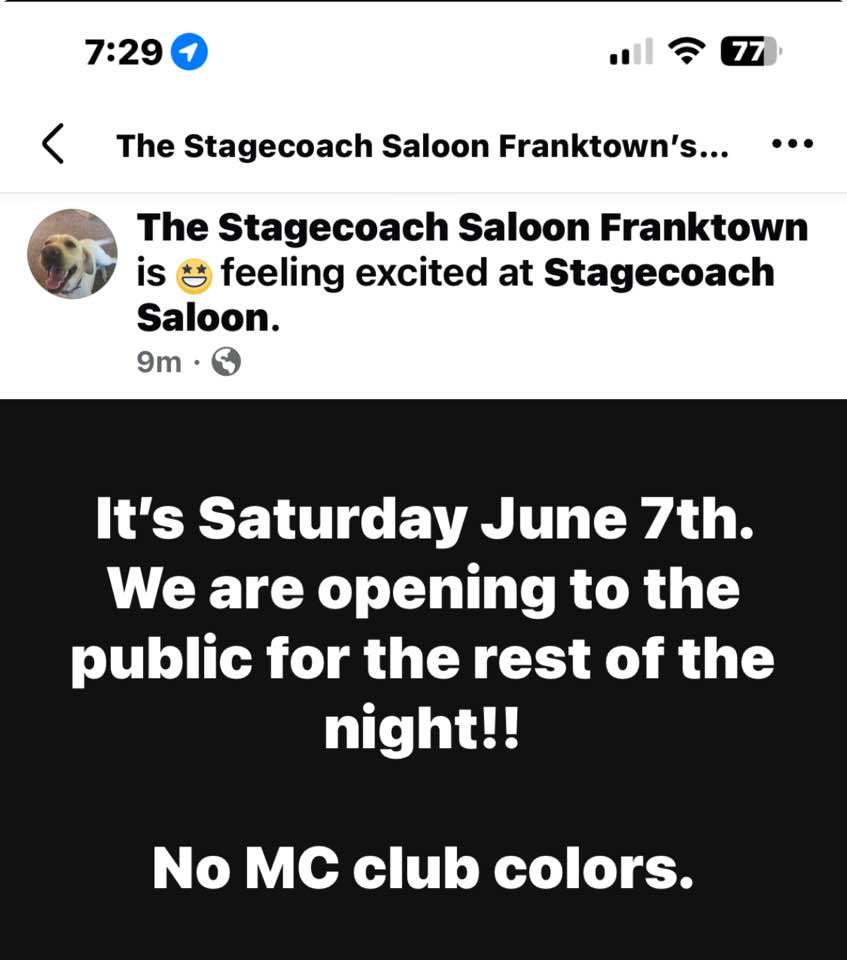 New Owner
New Owner
In April 2024, a new business entity, The Stagecoach Saloon LLC, was registered in Colorado. Its new Facebook page showcases numerous improvements to our local watering hole. Our investigation, as well as public social media posts, have revealed that the new owner is a former firefighter and law enforcement officer from Detroit, Michigan. A board member from the Colorado Confederation of Clubs has stated that, after speaking with the owner, he plans to establish a bar for fire, police, and military personnel and has implemented a “no colors” policy. As we look into motorcycle clubs that tailor to fire, police, and military, that is where the discrimination comes into play—allowing those motorcycle clubs into your establishment with their colors on, but refusing service to a biker club ministry, or a veteran MC.
What if you’re wearing a 1% club supporter t-shirt or a motorcycle club baseball cap, but have no affiliation with the club? This type of attire typically comes in the form of t-shirts and hats, and is characterized by soft colors.
Colors Are Not Crimes
There’s a long-standing misconception that all motorcycle clubs are dangerous or criminal. The truth? The vast majority are law-abiding groups made up of veterans, first responders, tradespeople, and everyday citizens who ride together for the love of the open road.
Wearing a patch does not equate to wrongdoing. These emblems symbolize loyalty, support, and identity, not crime. Policies that ban colors are rooted in outdated fears and encourage unjust profiling.
Businesses and Bias: The Legal Grey Area
While private businesses like Stagecoach have the right to enforce dress codes, policies that single out specific groups, particularly based on association, tread dangerously close to discrimination. When these policies disproportionately impact law-abiding citizens, they become part of the larger problem of motorcycle profiling.
In 2025, when inclusion and equity are supposedly cornerstones of our communities, no one should be made to feel like a second-class citizen because of what they wear or who they ride with.
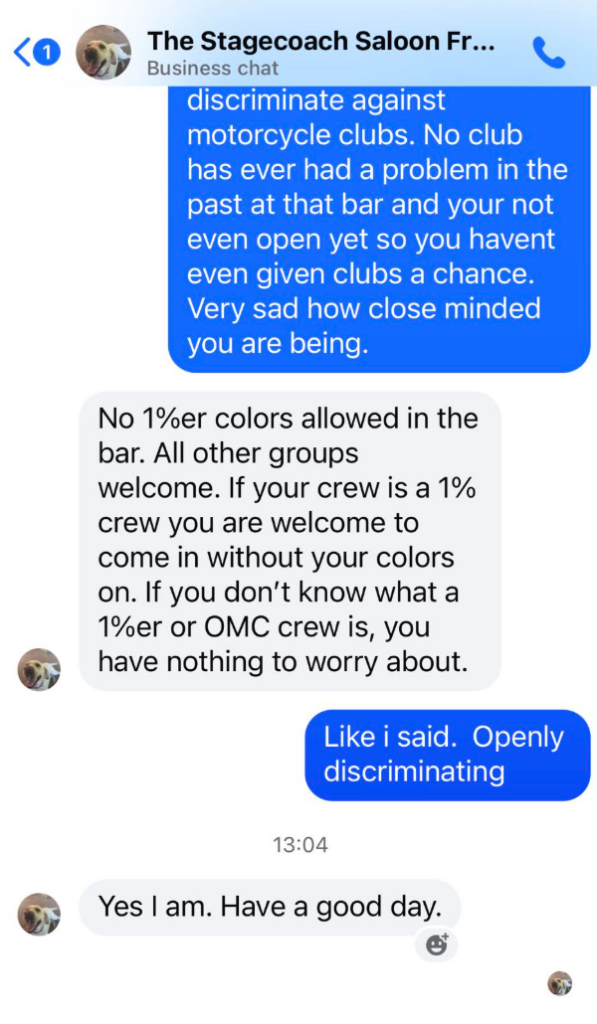 Motorcycle Charities and Fundraising Events
Motorcycle Charities and Fundraising Events
Local rides, charities, and fundraising events for individuals or children with health issues will need to reconsider their plans for the 2025-2026 period. Bars like the Stagecoach used to be great poker stops or starting and ending points on rides. These organizers want all bikers, including those from motorcycle clubs, to attend their events. With this No Colors policy in place, they will have to redirect their stops and refrain from patronizing The Stagecoach.
Here is what a bar or restaurant with No Colors policy have to look forward to:
- Loss of High-Spending Patron Groups MCs often travel in groups, spend on food, drinks, and tip generously. A single MC club ride can bring in dozens of patrons, often during off-peak hours (midday, weekdays).
- Repeat Business & Loyalty Lost – MCs are loyal. Once they are treated fairly, they return regularly. If refused service, entire networks of clubs and supporters boycott.
- Social Media Fallout – Riders and their networks are vocal on social media platforms, review sites, and riding forums. Posts about discrimination or poor treatment often go viral within the motorcycle community.
- Community Backlash – As mentioned above, if a certain veteran MC is allowed and another veteran MC isn’t allowed, the backlash to the business’s reputation will be harmed forever. Allowing a law enforcement MC but not a biker ministry MC is discriminatory and unimaginable in the world of equity and inclusion.
A Call to Action: Awareness, Not Exclusion
Discrimination doesn’t always wear a uniform or use slurs. Sometimes it shows up as a “No Colors” sign on a bar door. But the impact is the same—it tells people they don’t belong. Thinking as an independent rider, this has nothing to do with you? You are wrong, discrimination or refusal of service can overflow to independent riders as well.
We urge the Stagecoach and other establishments in Colorado to reconsider exclusionary policies. Respecting public safety doesn’t have to come at the cost of civil rights. Motorcycle clubs are not the enemy. They are veterans organizing charity rides, moms and dads attending memorial runs, and working-class heroes mentoring young riders.
Let’s move beyond fear. Let’s educate, engage, and ensure that Colorado remains a state where all communities—regardless of their patches—are welcomed and respected.

